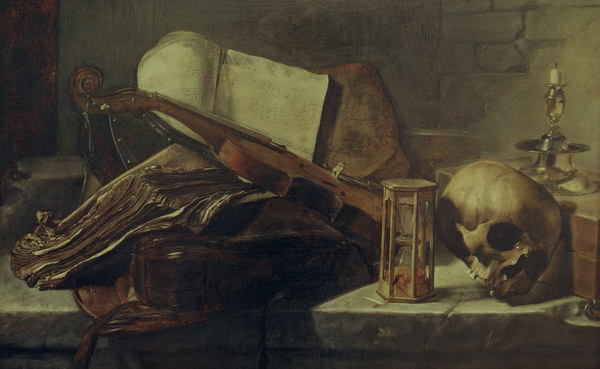The essay “Knowledge After the Fall. Milton and the Question of Censorship” by Friederike Schmiga starts from Milton’s short treatise Areopagitica, A Speech for the Liberty of Unlicensed Printing to the Parliament of England, published in 1644, in which he considers – among other things – the necessity to abolish licensing and thereby political censorship, to explore the theological foundation (as developed in Paradise Lost) of Milton’s conception of human knowledge in the transition from the pre- to the post-lapsarian state. Through this exploration, Schmiga clearly shows how Milton’s polemical intervention against the Licensing Order of 1643 is a powerful and stimulating document of his belief in the theological and political relevance of an open intellectual and poetical space, in which the differentiation of good from evil is the end, not the beginning, of public debate.
Left: Rembrandt van Rijn (circle of), Still life, Books
Schmiga – Knowledge After the Fall. Milton and the Question of Censorship
